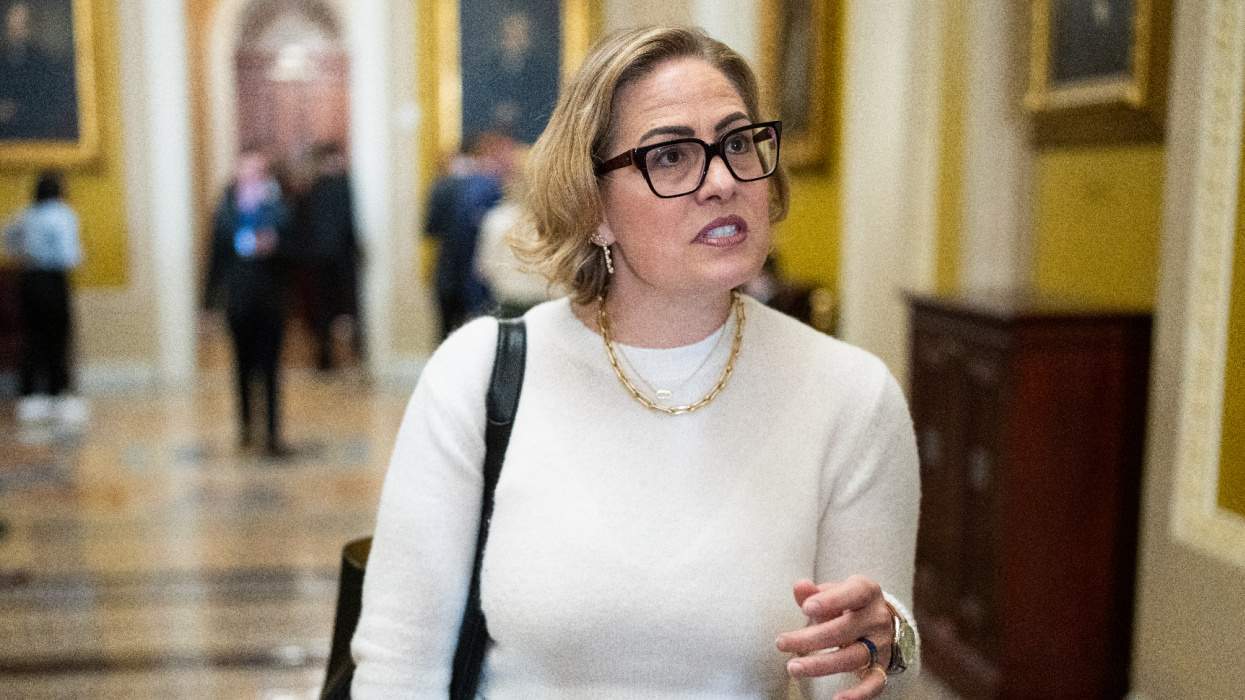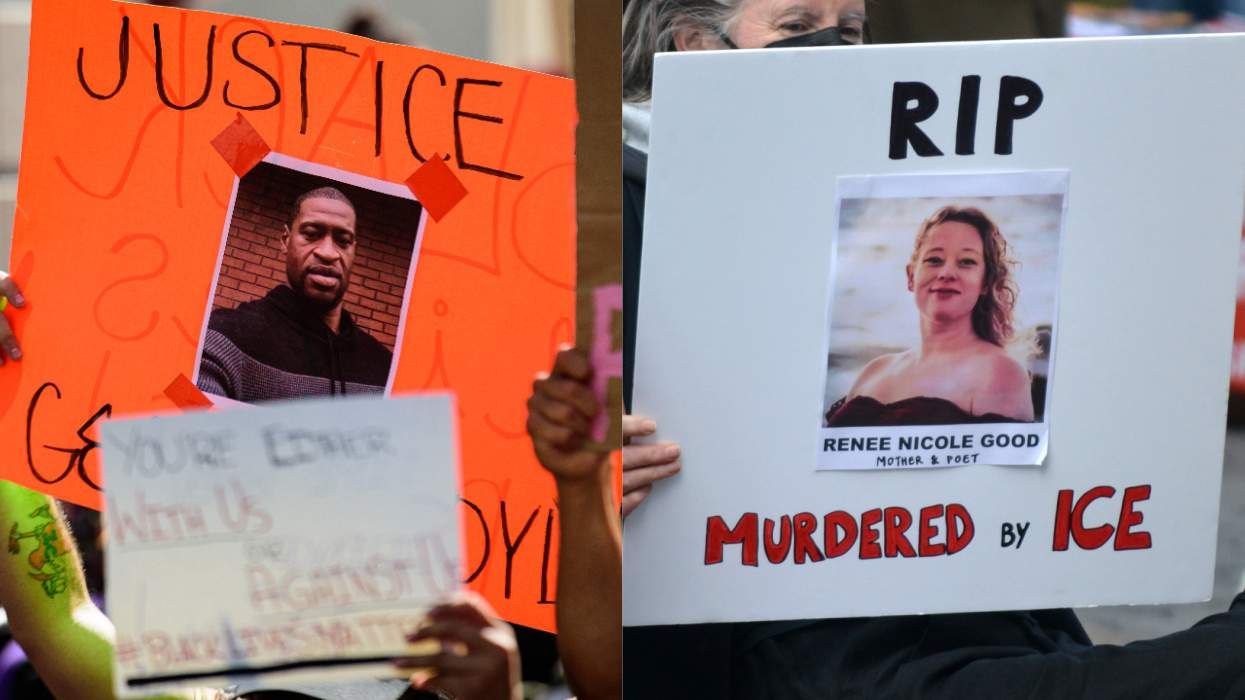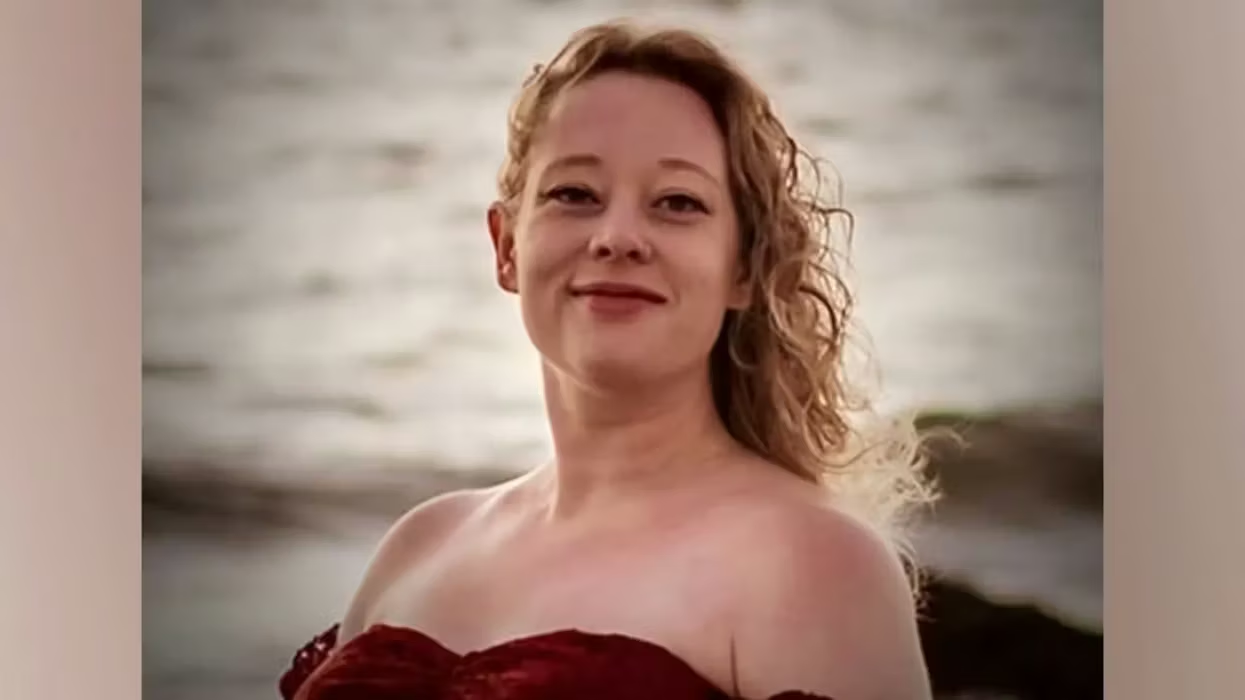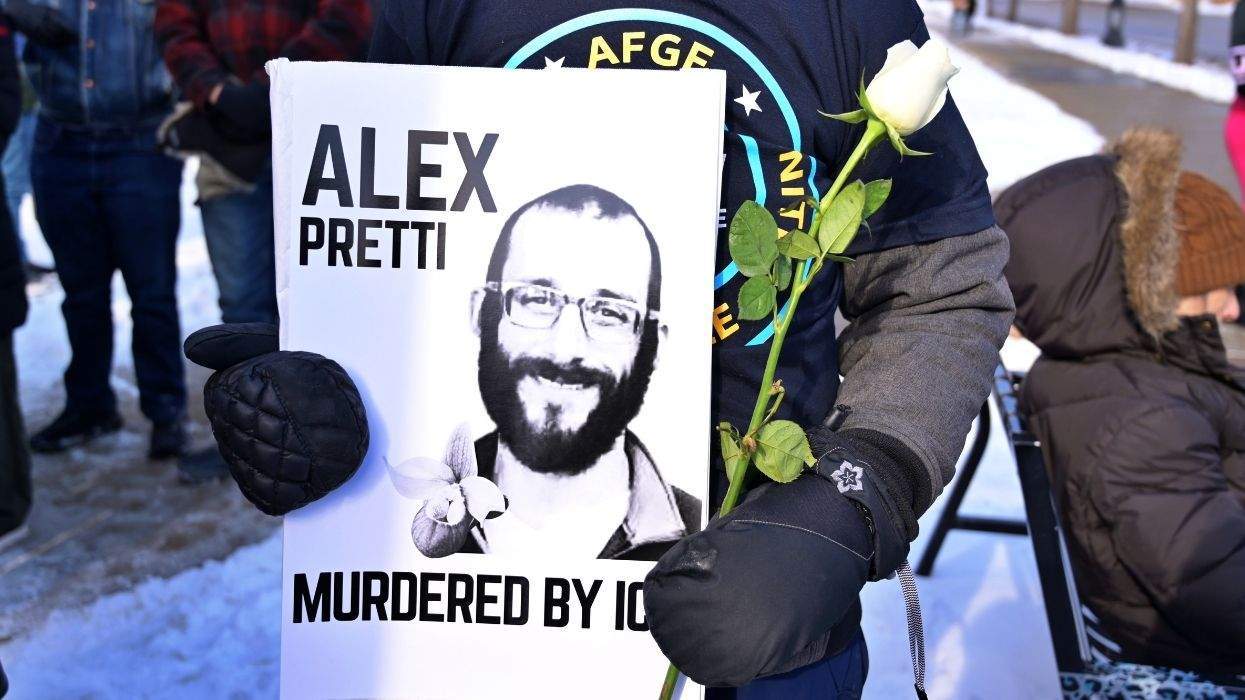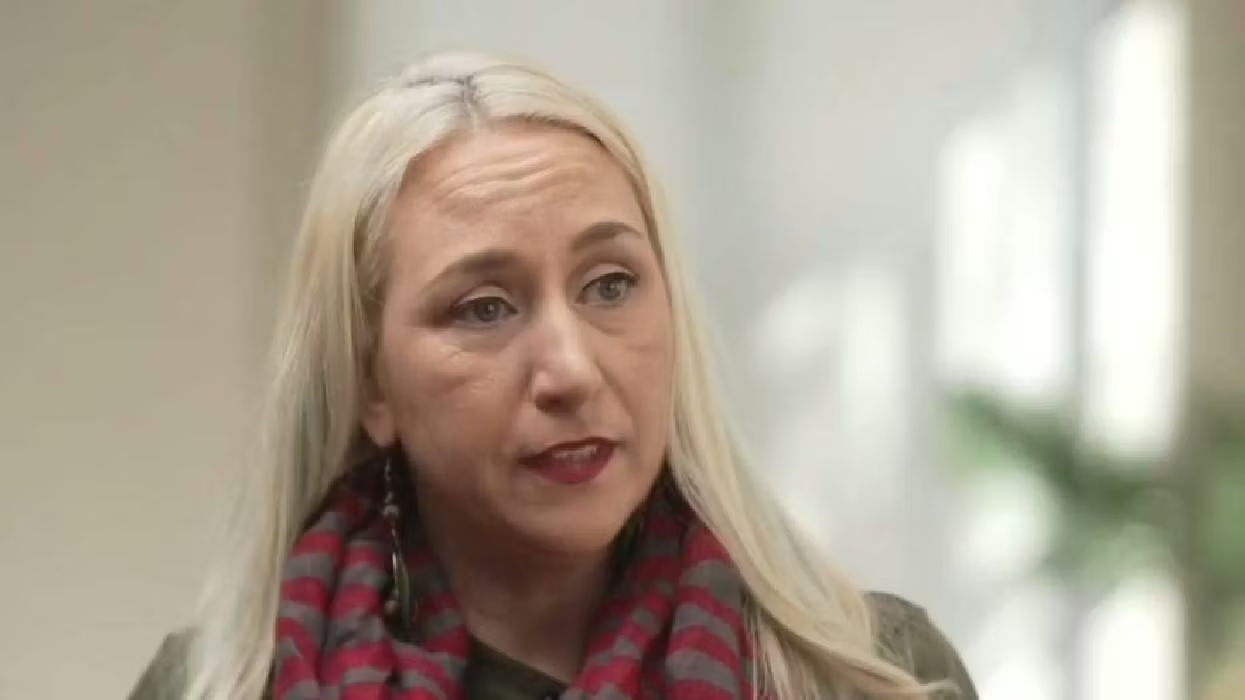Donald Trump interrupted Hillary Clinton (and moderator Lester Holt) 55 times compared to the 11 times Clinton interrupted either of them during the first presidential debate last September. During Jeff Sessions's confirmation hearings in February, Sen. Mitch McConnell famously silenced Elizabeth Warren, who dared to speak out against Trump's pick for attorney general. While these famous interruptions have placed "manterrupting" on the collective radar, it's not new, and no woman is immune to it, as evidenced by the results of a study that found that the three female Supreme Court justices are continually on the receiving end of such rude behavior.
"Using a variety of statistical techniques, we find that even though female justices speak less often and use fewer words than male Justices, they are nonetheless interrupted during oral argument at a significantly higher rate. Men interrupt more than women, and they particularly interrupt women more than they interrupt men," wrote Northwestern School of Law professor Tonja Jacobi and law student Dylan Schweers, who examined patterns of interruptions in Supreme Court oral arguments and found that Justices Ruth Bader Ginsburg, Sonia Sotomayor, and Elena Kagan are routinely interrupted by the court's male justices and advocates.
In notes on the study, the authors explained that silencing women on the bench can have far-reaching ramifications.
"Oral arguments shape case outcomes. This pattern of gender disparity in interruptions could create a marked difference in the relative degree of influence between the male and female justices," the authors wrote. "When a justice is interrupted, her point is left unaddressed, and her ability to influence the outcome of a case or the framing of another justice's reasoning is undermined."
Seniority plays a role in the frequency of interruptions, as does political ideology in that conservatives interrupt more often than liberals, the study found. However, gender plays about 30 times more of a role in who is being interrupted than seniority, reports Jezebel.
For instance, the study charted all interruptions on the Supreme Court in 2015 and found seven instances in which female justices were interrupted by another single justice at a double-digit rate (10 times or more), while there were only two instances of a double-digit interruption with a male justice, although there were six men on the bench compared to the three women. But the pattern of interruptions has been consistently gendered since Justice Sandra Day O'Connor became the first woman to serve on the Supreme Court.
"In 1990, with one woman on the court (Justice Sandra Day O'Connor), 35.7 percent of interruptions were directed at her; in 2002, 45.3 percent were directed at the two female justices; in 2015, 65.9 percent of all interruptions on the court were directed at the three women on the bench," the study found.
None of the study's findings are terribly surprising, considering a 2014 study at George Washington University that found that when men talk to women they interrupt 33 percent more often than when men talk to men, according to Forbes. Still, the ramifications of such interruptions are important to consider.
"Because women, liberals, and junior justices are all interrupted at significantly higher rates than the other members of the Court, this could ultimately lead to more conservative coalitions, and potentially, more conservative decisions, and reduction in the influence of women and younger Justices," the study found.





